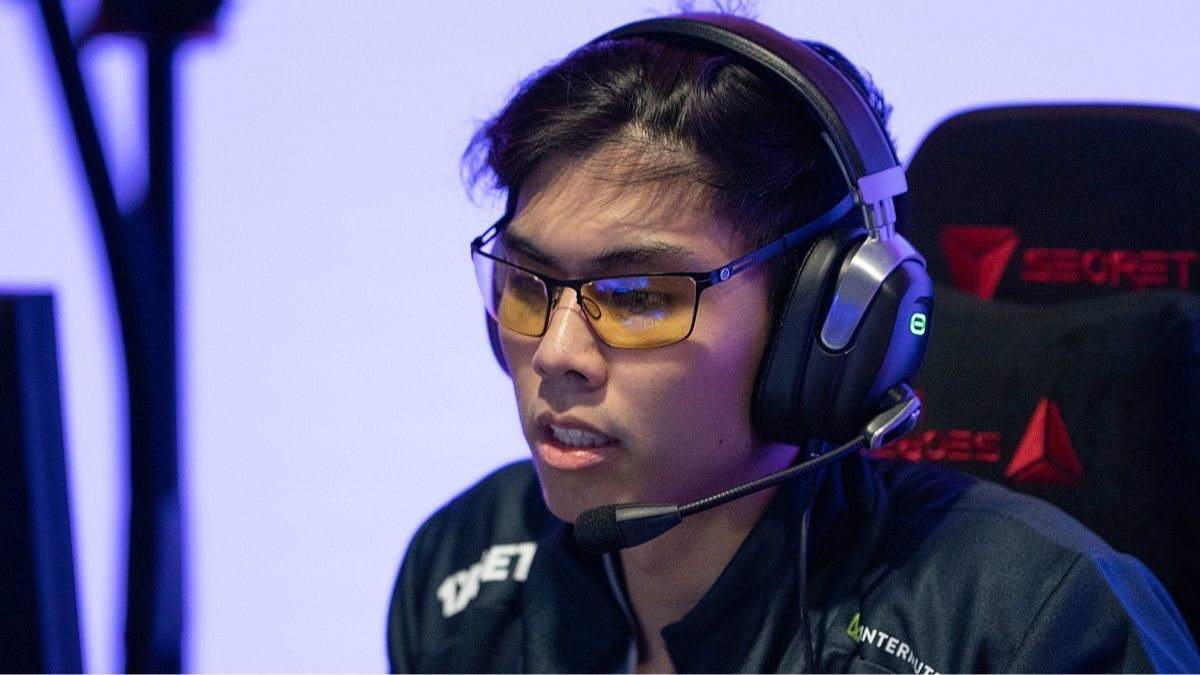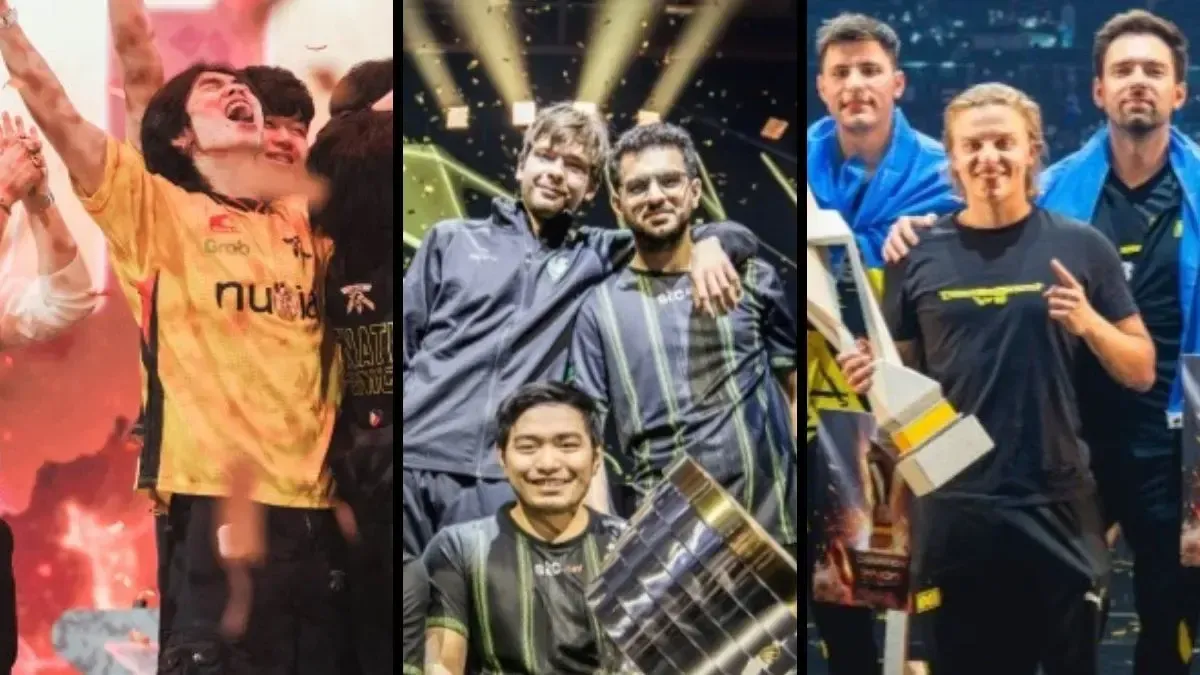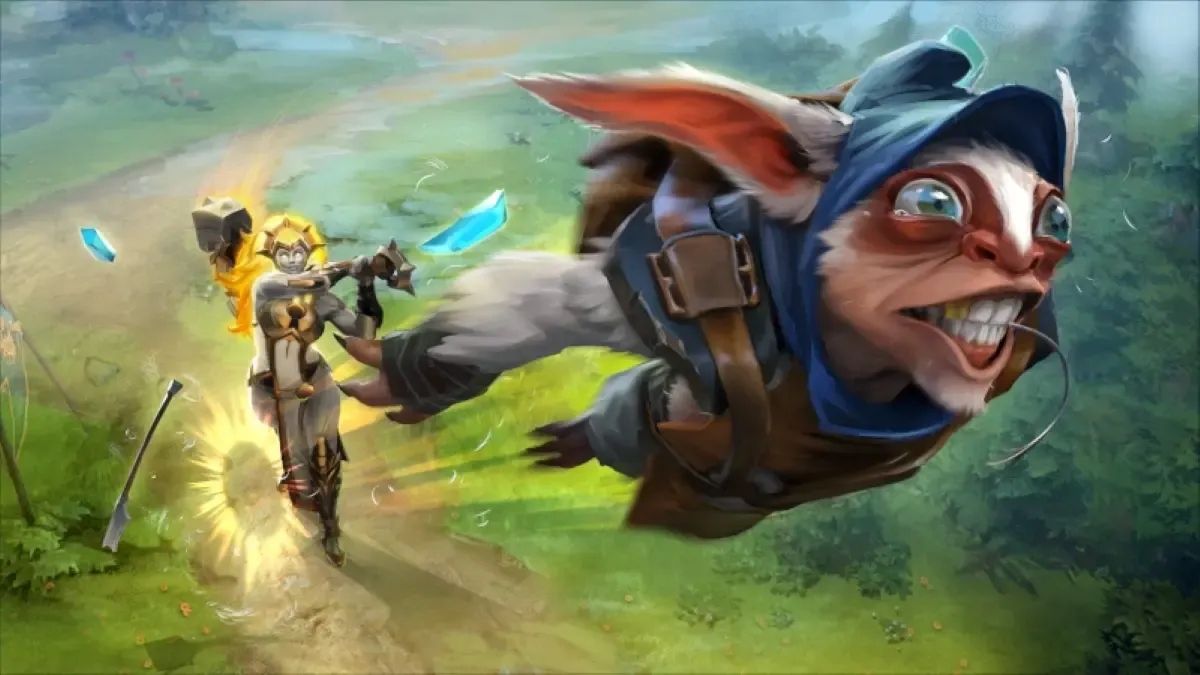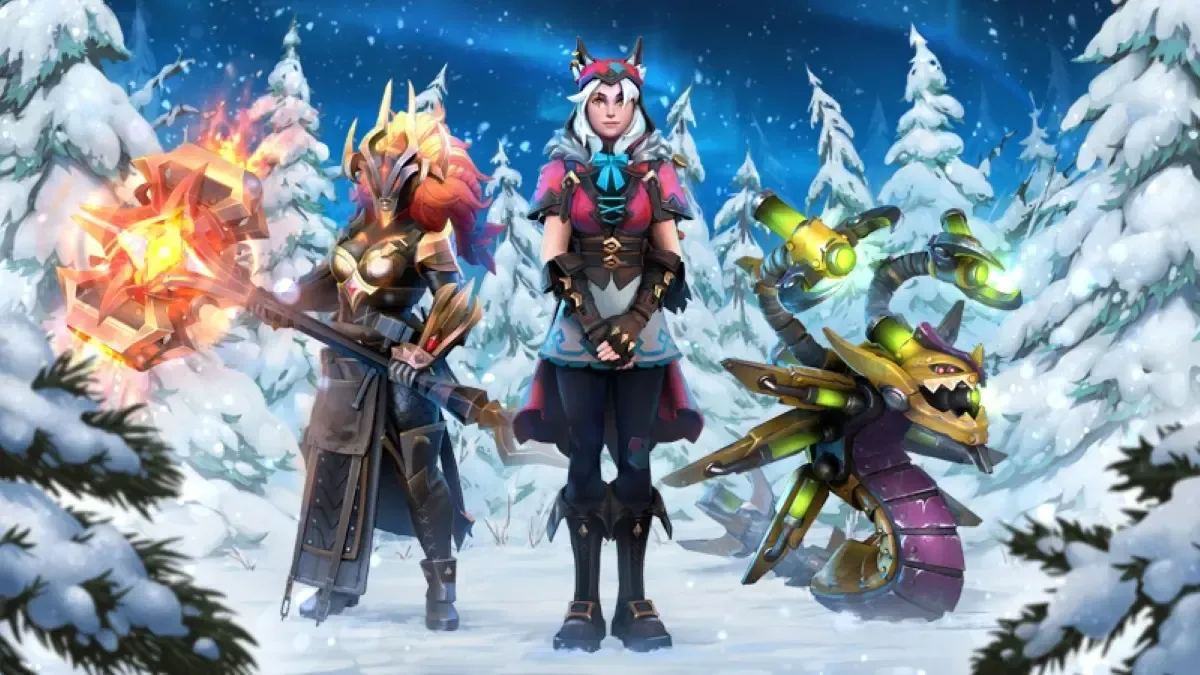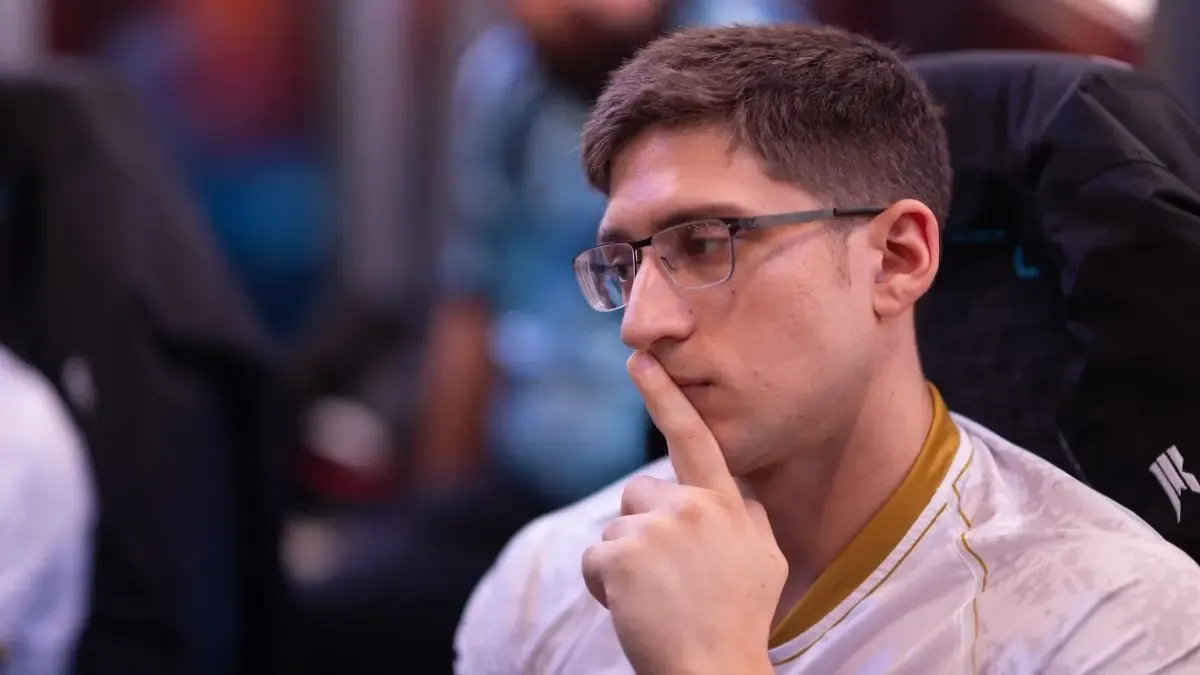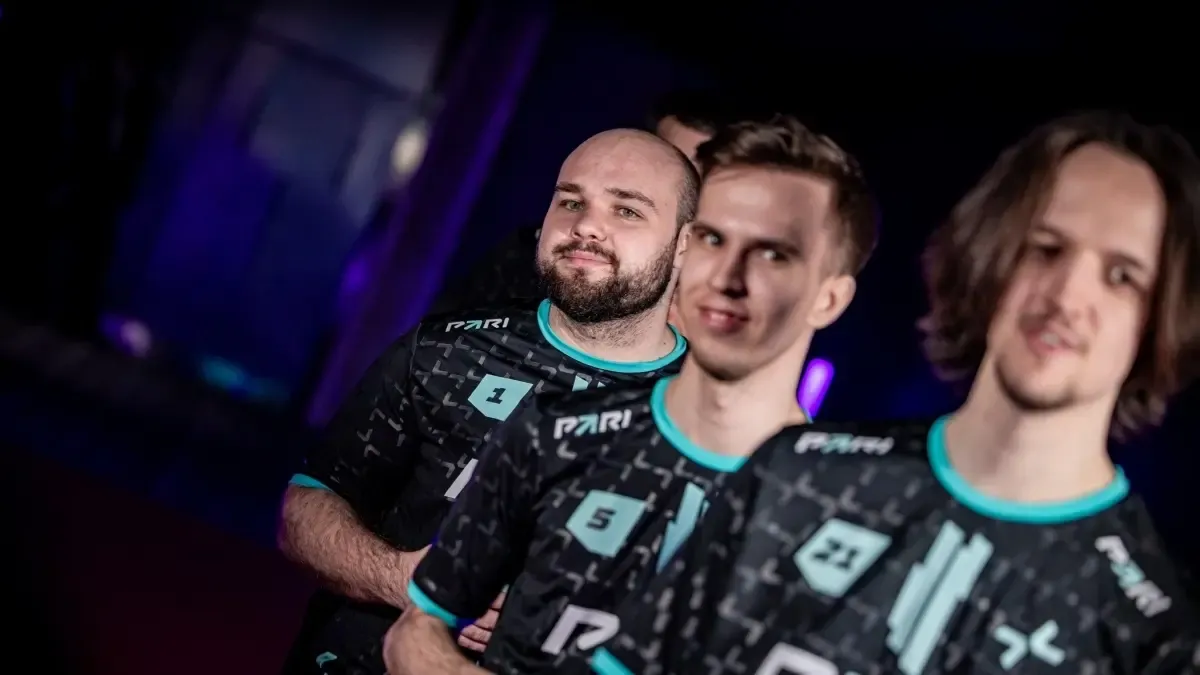Lurking behind the thunderous applause and the flashing lights of victory, Tommy "Taiga" Le reveals his hidden struggle with a gambling addiction in a heartfelt letter to fans.
In a scene known for being extremely toxic and stressful, few players have been able to traverse the landscape to be known as wholesome as Tommy "Taiga" Le. Since 2017 when the Norwegian-based Vietnamese player made his debut on the scene, he has had a bright and shining reputation in and out of the game.
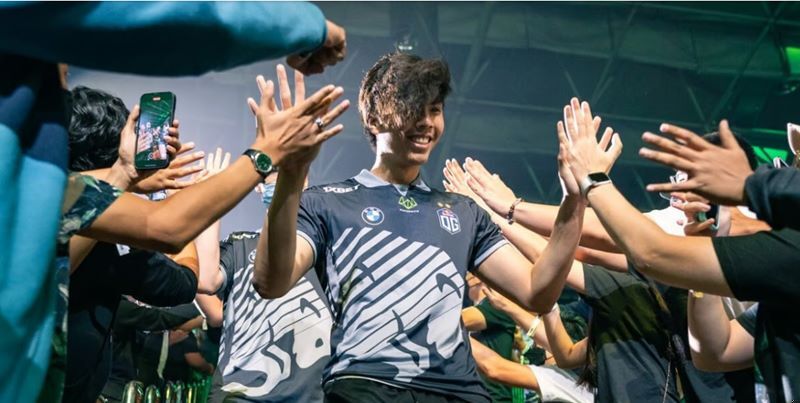
Always quick with a smile, he has been known to encourage and support his teammates to grow and blossom. It is a nod to his Buddhist upbringing, where his beliefs come from the taught values of knowing what is right, and what is wrong.
"Doing the right things is what makes me happy as a person"
It has even translated into his Vegan lifestyle and being environmentally conscious.
His family has been a constant fixture in his life, cheering him on and supporting his choices. And because of his father's refugee status from the Cold War in Vietnam, fleeing bloodshed in order to provide a future for his family, and a past riddled with hardships and sacrifices, Tommy wanted to make them proud.
In his relatively short career so far, Taiga collected a few Tier 2 and 3 tournament titles before rocketing to the big stages in the Tier 1 Dota 2 scene and eventually, on the pinnacle of all Dota 2 events —The International stage, twice.
Tommy was near the top of an exclusive club of Tier 1 players competing and life was looking promising and bright.
And then five months ago, dark skies loomed, a foreshadowing of what lay ahead. Taiga had been missing for the first three OG matches of the final tour in the Dota Pro Circuit citing personal issues. The support player gave an update on his Discord server regarding his absence and spoke about anxiety and depression. Taiga’s mental health deteriorated after The International 2022 which had a direct impact on his gameplay.
“…sorry for keeping you guys in the dark, but I have been having anxiety & depression for a while, it just got worse after TI, I might seem like I’m fine but I really wasn’t. That’s why my performance has been very shaky. I’m on therapy right now to get better, and it’s been helping me to get back my drive & motivation to come back streaming and pubbing, it’s not fully there yet but I’m taking the steps towards healing ”
While fans rallied behind him, rumors and accusations about his involvement in match-fixing and suspicious betting activity began to circulate, originated by Valve-banned player, Yaroslav “Limitless” Parshin who claimed Taiga was “giving away first bloods”. Former Virtus.pro coach Arsenii “ArsZeeqq” Usov also partially confirmed it.
Two months later OG moved their position 5 support to inactive status and gave him the green light to explore his options ahead of the TI qualifiers.
With few options available to him, Tommy packed his bags and headed to North America to compete with WildCard Gaming in The International 2023 NA regional qualifiers.
He never made it to The International 2023.
Merely hours after Team Spirit seized the Aegis of Champions for the second time, Tommy took to social media to open up about a dark secret and battle he had been locked into.
In this emotionally raw and heartfelt letter, Tommy revealed he had become addicted to gambling —of all sorts— and it ruined his relationships, his mental health and nearly ruined his career.
In a span of a few months following TI11, he had lost everything he earned on betting.
“All the hours and years I had spent on grinding, went to waste, just like that in a span of a couple of months. Everything in me changed, my principles, my behaviors, and even my personality shifted, I didn't feel like me at all. Looking back, I'm still disgusted by myself and took a long time to forgive”
As he descended into this nightmare, and the voices in his head tortured him about it, he began to stay awake for days on end, spiraling further away from his character and alienating all of those close to him. The shame and the guilt consumed him, for what he wasted instead of doing the good deeds and charity he used to do.
After a second mental breakdown and hitting rock bottom, Tommy finally sought the help of his family and bravely opened up about his circumstances.
“After being honest and transparent about this, I was open to everything that I could do to build myself back from square one.”
Taiga sought the help of a therapist online and in person in his town in Norway and is looking forward to the future once again.
“There are still lots of regrets and relationships that I still need to mend due to my addiction and changes, when I was utterly broken. Going through these phases of life made me treasure Dota, esports and the people I had around me a lot more and how much I appreciate and miss them”
Tommy has since reignited his passion and commitment to Dota 2 and plans on coming back to competitive play with a new team he will be signing with. In the meantime, fans can find him streaming once again.
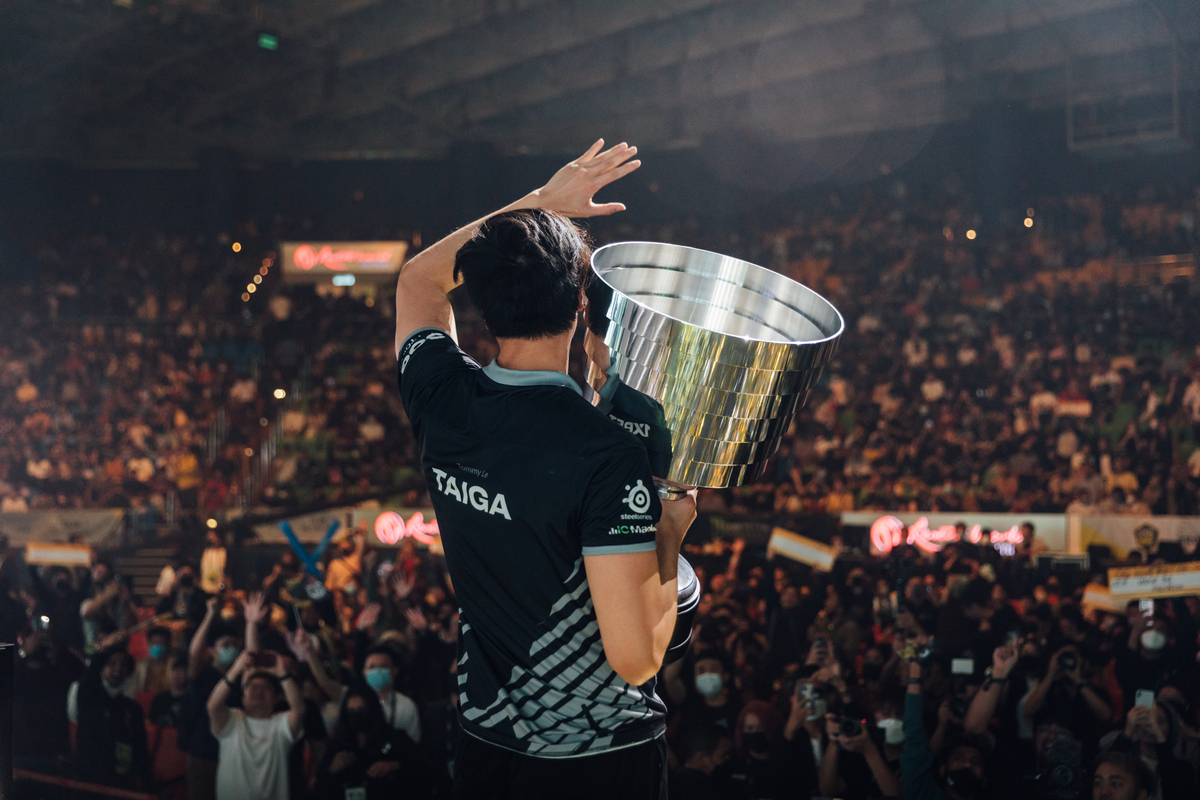
Mental Health in Esports
Mental health issues and concerns have been on the rise over the last few years. In 2022, WHO launched the World Mental Health Report: Transforming Mental Health for All. Mental health conditions are also worsening worldwide, with there being a 13% rise in mental health conditions and substance use disorders in the last decade alone.
The pressures and sudden rise to fame of players who seem to be getting younger and younger in esports easily exasperate underlying problems. Sadly, there is often little to no professional help or attention paid to these issues until either careers are thwarted, the public becomes aware of the crisis or players end up in worse conditions.
Read also: Mental Health in esports; Should orgs or developers be more involved?
Gambling and addiction
Betting in esports is nothing new. And negative connotations with it are paramount. Incidents of teams fixing matches, toxicity, death threats, underage gambling, and promoting potential addictions have all been reported and problematic in the past.
According to the Mayo Clinic, “Compulsive gambling, also called gambling disorder, is the uncontrollable urge to keep gambling despite the toll it takes on your life. Gambling means that you're willing to risk something you value in the hope of getting something of even greater value.”
Gambling can stimulate the brain's reward system much like drugs or alcohol can, leading to addiction. Like other addictions, this can then lead to hiding your behavior and even turning to theft or fraud to support your addiction. Many problem gamblers also suffer from substance abuse issues, unmanaged ADHD, stress, depression, anxiety, or bipolar disorder. To overcome your gambling problems, you'll also need to address these and any other underlying causes as well.
Gambling addiction is sometimes referred to as a “hidden illness” because there are no obvious physical signs or symptoms like there are in drug or alcohol addiction. Taiga reported how he had hid this problem from everyone he was close with and when he opened up they were shocked.
The biggest step to overcoming a gambling addiction is realizing that you have a problem. It takes tremendous strength and courage to own up to this, especially if you have lost a lot of money and strained or broken relationships along the way.
If you think that you may have a problem or addiction to gambling, take a page from Tommy's book and seek help.
Hotlines and support groups
- In the U.S.
The National Council on Problem Gambling Helpline offers a confidential, 24-hour helpline for problem gamblers or their family members at 1-800-522-4700.
- UK
Gamcare offers support and a helpline at 0808 8020 133.
- Australia
Gambling Help Online offers a 24-hour helpline at 1800 858 858.
- Canada
Centre for Addiction and Mental Health offers resources and a helpline at 1-866-531-2600.
- Internationally
Gamblers Anonymous offers 12-step support meetings for people with a gambling problem, while Gam-Anon offers support for the problem gambler's family members.

